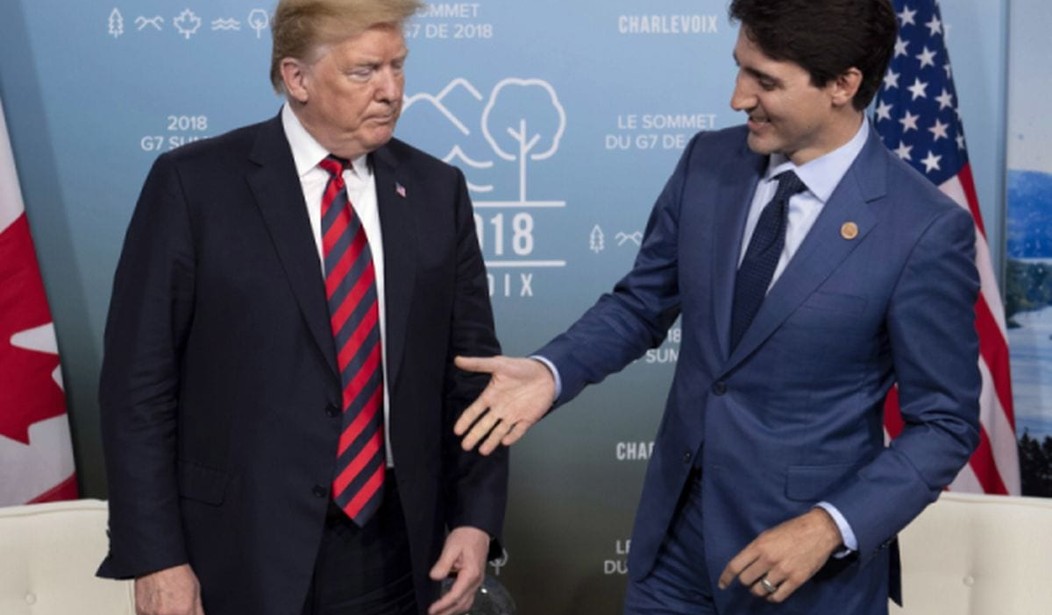A report from Bloomberg News says that the U.S. and Canada are close to inking a new NAFTA deal. This is in advance of a Sunday deadline to get the deal done.
BREAKING: U.S. and Canadian negotiators likely to wrap up a Nafta deal this weekend. They’re working to avoid a fight that imperils $500 billion in annual trade, sources tell me, @josh_wingrove and @jendeben.
— Jennifer Jacobs (@JenniferJJacobs) September 29, 2018
The Mexican economy minister, Ildefonso Guajardo, said Washington and Ottawa were making a “very serious,” last-ditch attempt to bridge their differences.
“For the first time, we’re seeing a real effort by both sides,” he said.
“In the next 48 hours, we will know if we are going with a trilateral agreement.”
Guajardo, Mexico’s top negotiator for “NAFTA 2.0,” insisted that even if no 11th-hour US-Canadian deal is reached, a three-way deal would still be possible at some point in the future.
But that would mean “going ahead with a bilateral agreement and then later defining what legal actions we would have to take to maintain the possibility of a three-way deal,” he said.
A Canadian government source told AFP that Canada’s top negotiator, Foreign Minister Chrystia Freeland, “is in constant communication with the Americans, both formally and informally.”
Sticking points include Canada’s insistence on protecting its dairy industry and U.S. reluctance to give up the option of imposing punishing tariffs on the Canadian auto industry. One member of the Canadian parliament isn’t impressed with the efforts to get a deal done by the Trudeau government:
So, more than a year after talks began to renew NAFTA, that’s what’s been achieved: Trump refuses to meet Trudeau and says he doesn’t like Freeland. And we’re on the brink of a complete failure, with our gov willing to put 20% of our economy at risk to protect the dairy cartel. https://t.co/5e2pCD2FlT
— Maxime Bernier (@MaximeBernier) September 26, 2018
It would be better, of course, if Canada relents and comes on board what’s being referred to as “NAFTA 2.0.” That the two sides are so close is a testament to all parties seeing the necessity of maintaining NAFTA in some form.
In truth, most of the changes negotiated between Mexico and the U.S. were minor but significant. The U.S. dropped some of its more extreme demands in exchange for Mexico changing its rules for auto production, a move that should mean more U.S. jobs. Despite Trump’s anti-NAFTA rhetoric, the deal proved a boon to businesses that export their products to Mexico and many of those rules remain untouched.
Our dealings with Canada have been more contentious. But the $500 billion in trade with our northern neighbor makes reaching some kind of deal imperative. In the end, it is expected that both countries will finesse the remaining issues and reach a deal by tomorrow’s deadline.










Join the conversation as a VIP Member